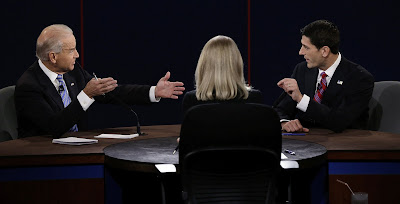What is Brazil up to? That is the question national security planners should be asking. Since abandoning its nuclear weapons program in the late 1990s, Brazil has appeared the model for nonproliferation. Relations with Argentina, its longtime rival, have warmed and the two states even cooperate on nuclear and other security issues. Compared to the Middle East, South America is stable and peaceful, hardly an environment that would necessitate nuclear weapons. Yet, changes in Latin America and a perceived shift in the balance of power away from the West require a reconsideration of that assessment. Moreover, Brazil’s refusal to adopt the Non-Proliferation Treaty’s Additional Protocol and its pursuit of nuclear propulsion technology raise worrisome questions about its intentions.

To Brazil, Latin America is not as stable as often believed. To the north, Venezuela chaffs at the prospect of Brazil as regional hegemon. In 2010, Russia and Venezuela reached a deal to build the Latin American country’s first nuclear reactor. Although the project was scrapped after the Fukushima disaster, the prospect remains. Venezuela has also challenged Brazilian influence in Bolivia and Ecuador, two countries that have or have attempted to nationalize the facilities of Petrobras, Brazil’s state oil company. In 2008, the government of Hugo Chavez levied a controversial $282 million tax on a Brazilian construction firm. Such actions have riled Brazilian leaders.
Further north, the United States, long the guarantor of South American stability, appears hamstrung by economic challenges. According to former Argentine diplomat Emilio Cárdenas,
Brazil believes that the West is in gradual decline and that Brazil is jockeying with other rising nations for position. This shift in the balance of power engenders a greater degree of uncertainty about U.S. capabilities and intentions in the future. Such uncertainty, in addition to Brazil’s new political and economic prowess, gives it the ability to challenge the U.S. at the margins of its power. Moreover, if the ability of the U.S. to maintain order in the hemisphere is truly constrained, it is incumbent upon the Brazilian government to seek alternative sources of security.











